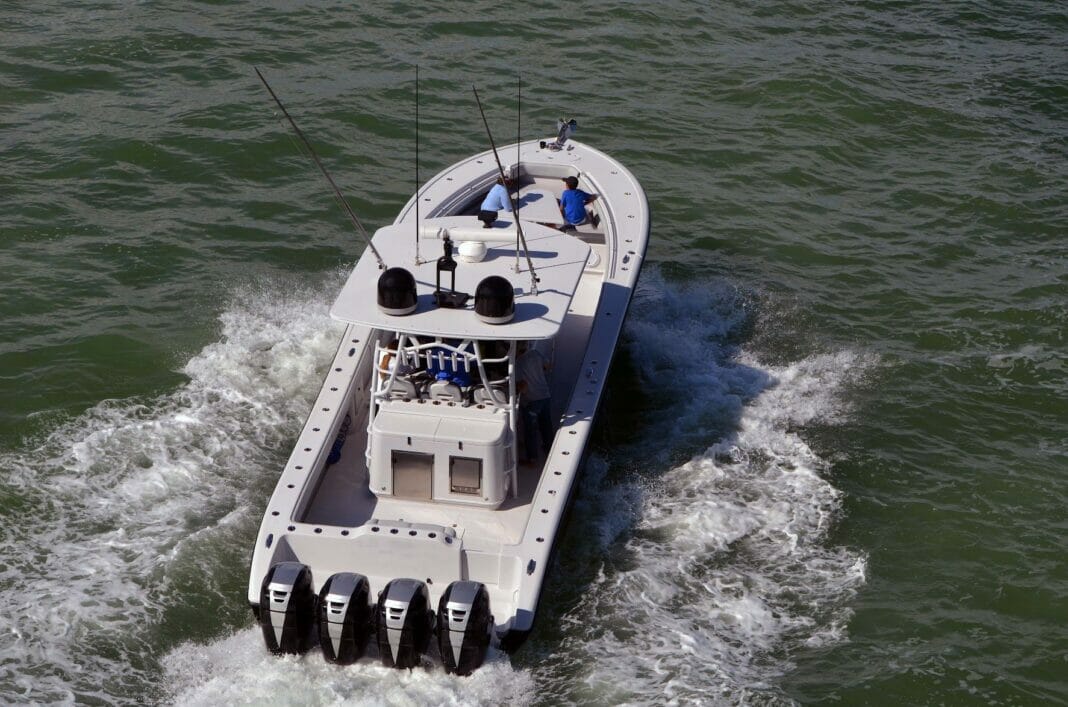Boating is a thrilling and enjoyable recreational activity that offers a unique way to explore a variety of waterways. While boating is fun, it is essential to sharpen your skills and follow safety precautions to ensure a safe and enjoyable time on the water. Improving your driving skills and safety knowledge can not only enhance your experience but also protect your fellow boaters and the marine environment. This article will delve into practical driving tips to improve your boating skills and safety on water.
Before You Hit the Water
1. Take a Boating Safety Course
Enrolling in a boating safety course is an excellent way to learn the vital skills and knowledge necessary for safe boating. Many organizations, such as the US Coast Guard Auxiliary and the American Sailing Association, offer certification courses covering essential topics such as navigation, boat handling, weather, and emergency procedures.
2. Familiarize Yourself with Your Boat
Each boat has its unique handling characteristics and equipment. Therefore, understanding your boat’s features and knowing how to operate it proficiently is crucial for safe boating. Familiarize yourself with your boat’s controls, gauges, and equipment such as the VHF marine radio, GPS, and anchor system.
3. Carry out a Pre-Departure Checklist
Before you embark on your boating adventure, conduct a thorough check of your vessel. This includes inspecting the fuel levels, engine and steering systems, navigation lights, life jackets, and emergency equipment.
4. Check Weather and Sea Conditions
Always be aware of the current and forecasted weather conditions before setting out on the water. Weather can change rapidly, and being caught in inclement conditions can be dangerous. Do not hesitate to postpone or cancel your trip if the weather is unfavorable.
Tips for Driving Your Boat
1. Keep a Proper Lookout
It is critical to remain vigilant and maintain a constant lookout for other boats, obstructions, and changes in water conditions. Follow the navigation rules and always be prepared to take evasive action in case of a potential collision.
2. Maintain a Safe Speed
Adhering to a safe speed is essential to ensure you have enough time to react to potential hazards. Factors such as visibility, boat traffic, and water conditions dictate the appropriate speed. When in doubt, slow down.
3. Learn to Steer with Ease
Boat steering can be different from driving a car; you may find it challenging initially to adapt to the steering lag and boat drift. Practice steering in open water to get a good grasp of your boat’s handling characteristics.
4. Be Conscious of Your Wake
Wake size is directly proportional to your speed and the displacement of your boat. Large wakes can be disruptive and dangerous for other water users, as well as cause shoreline erosion. Adjust your speed and trim settings to minimize your wake, especially around other boats, swimmers, and restricted wake zones.
Enhancing Safety on Board
1. Wear Life Jackets
Wearing life jackets significantly increases the chances of survival in case of accidents or overboard incidents. Ensure that everyone on the boat has proper-fitting, Coast Guard-approved life jackets and wear them at all times, especially when underway.
2. Avoid Alcohol Consumption
Operating a boat under the influence of alcohol is not only illegal but also dangerous. Alcohol impairs judgment and reaction time, increasing the risk of accidents. Keep your crew and passengers safe by refraining from consuming alcohol while on the water.
3. Prepare for Emergencies
Boat emergencies can happen, so be prepared with a well-stocked first aid kit, a VHF marine radio to call for help, and knowledge about your vessel’s location. Familiarize yourself with emergency procedures such as man-overboard recovery and abandon-ship actions.
4. Educate Your Passengers
Inform your passengers about safety gear, emergency procedures, and etiquettes to ensure everyone’s safety and enjoyment while on the water. Assigning tasks such as lookout duties or holding a safety brief before setting out can be beneficial in fostering responsible behavior on board.
Improving your boating skills and safety is an ongoing process that requires diligent practice and a commitment to learning. By following the tips outlined above and regularly reviewing safety measures, you can become a more proficient boater and ensure a safe and enjoyable time on the water. Remember, there’s always something to learn when it comes to being a responsible boater.


